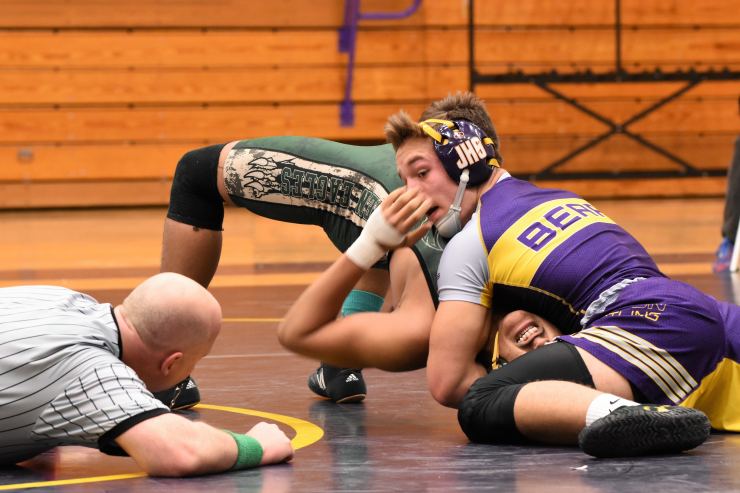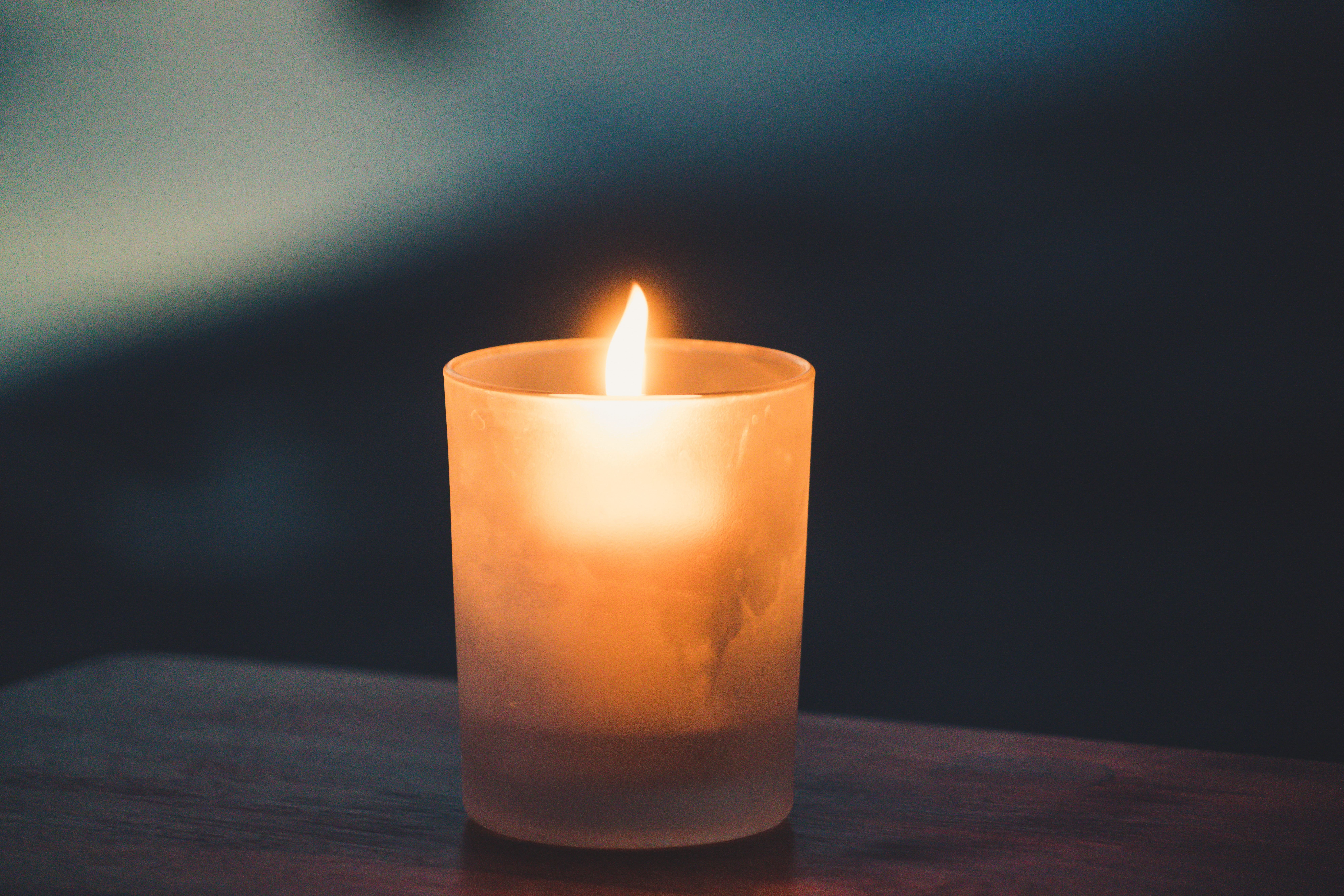
The Wrestling Federation of India’s membership was suspended by the United World Wrestling (UWW), the sport’s international governing body, on August 24.
This suspension has far-reaching consequences for Indian wrestlers, as they will now be unable to compete in the upcoming World Wrestling Championships under the Indian flag. Instead, they are relegated to participating as ‘neutral athletes,’ with the added burden that the national anthem will not be played if they achieve podium finishes.
The suspension of WFI’s membership is directly linked to the delayed elections within the organisation. Originally slated for June 2023, the elections were postponed, creating a vacuum in leadership. UWW’s action, therefore, serves as a stern reminder of the importance of timely and transparent elections in sports governance.
The trouble began when the Wrestling Federation of India (WFI) scheduled elections for August 12, 2023, only to have them halted on August 11 by the Punjab and Haryana High Court due to a petition from the Haryana Amateur Wrestling Association, which demanded inclusion in the election process. Seeking a resolution, the Andhra Pradesh Amateur Wrestling Association appealed to the Supreme Court, which, on August 29, dismissed their plea and directed them to address the matter in the high court.
The legal wrangling prompted the Supreme Court bench to emphasise the importance of adhering to due process and legal protocols. It urged the Andhra Pradesh association to approach the high court with their grievances, while also advising the high court to prioritise the case should the petitioner seek impleadment.
This controversy isn’t confined to administrative matters alone; it has a deeply troubling backdrop. Over the past year, the WFI has been embroiled in controversy, with allegations of sexual assault and harassment levied against its president, Brij Bhushan Sharan Singh, who is also a Bharatiya Janata Party Minister of Parliament. These allegations were made by several medal-winning wrestlers who accused the Union government of protecting Singh. The wrestlers staged a prolonged protest in Delhi, which was ultimately disbanded by the police.
The UWW’s suspension of India’s membership underscores the gravity of the situation. Indian wrestlers, who have trained relentlessly to represent their country, are now faced with the indignity of competing without their national identity. This move by the international body serves as a stark reminder of the need for transparency, accountability, and the protection of athletes’ rights within sporting organisations.
The consequences of this suspension extend beyond international competitions. The fate of the World Championship remains uncertain, casting a cloud of doubt over the future of Indian wrestling and its athletes.
The Indian Olympic Association (IOA) has been informed of UWW’s decision, and it will play a crucial role in determining the next steps. While the legal battles are essential to ensure fair governance within the sport, it is equally vital for the stakeholders, including the IOA and WFI, to work together to find a swift and just resolution that restores India’s standing in international wrestling.
The athletes, who have dedicated themselves to representing India with honour and distinction, should not bear the brunt of administrative failures and legal disputes. Their dreams and aspirations deserve to be upheld, and they should be given the opportunity to compete under their national flag with the respect and recognition they have earned.
As the legal saga continues, the focus must remain on the athletes and their rightful place on the global stage. Wrestling in India has a rich history, and it is imperative that it moves forward with integrity and unity, ensuring that the sport remains a source of pride for the nation and its athletes.




























![[Video] More – Aghogho » GospelHotspot](https://gospelhotspot.net/wp-content/uploads/2024/04/More-Aghogho.jpeg)
















